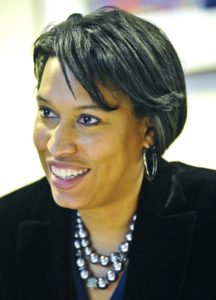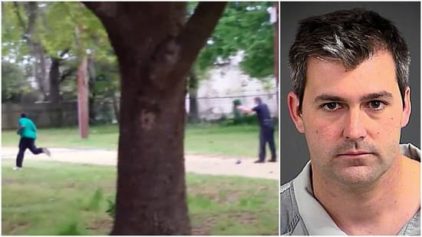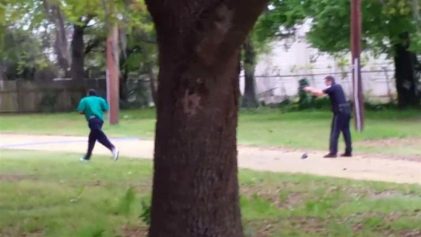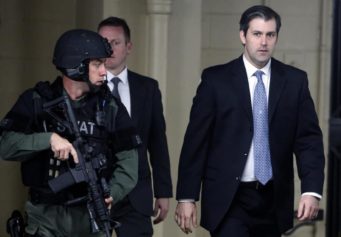
Muriel Bowser wants to make the footage exempt from public records laws, an effort she conveniently attempted to nestle in a spending bill, the Washington City Paper revealed.
“The goal is to respect privacy,” Bowser spokesman Michael Czin told the paper.
The outlet reported: “While the recordings could surface in court cases, they’d be otherwise out of reach for the reporters or the public—even in high-profile cases, like officer-involved shootings.”
Similar legislation has either passed or is pending in Kansas, Iowa and other states, according to the Associated Press. Privacy concerns have been raised by the American Civil Liberties Union about such potentially explosive footage.
Where would it begin and end, the ACLU wants to know? Suicides? Domestic violence? Would YouTube be the embarrassing landing place for such videos?
But if Bowser’s bodycam measure becomes law, the notion of cases like Walter Scott’s death at the hands of a South Carolina police officer would have to come by chance, a passerby with the presence of mind to start filming.
Metropolitan Police Department Chief Cathy Lanier argued that complying with the public’s requests for footage would be too much of a hardship for her department. Her staff, she said, doesn’t have enough time to go through footage and blur faces of individuals who happen to be filmed.
“We have to make sure that people are protected,” Lanier said.
The D.C. police chief added that people with a stake in the video, such as victims, prosecutors and defense attorneys, would have access to the footage.
Michael Tobin, executive director of D.C.’s Office of Police Complaints, said this concern will take lots of debate and patience in deciding.
“The most important part is there’s a community conversation about the policies and procedures,” he told The Huffington Post.
Attorney Donald Temple said to Huff Post that public access to footage of alleged police misconduct has the potential to expose far more than one specific case, but that it could raise awareness of systemic racial profiling.
Temple has worked for years on civil rights cases involving the police and once led D.C.’s citizen complaint review board.
“There is no reason that public conduct by public officials should not be transparent,” Temple said.
He called Bowser’s decision “political.”
“What are the police doing that they shouldn’t be able to show on a video?” he asked. “There has to be checks and balances. Somebody has to police the police other than the police.”


